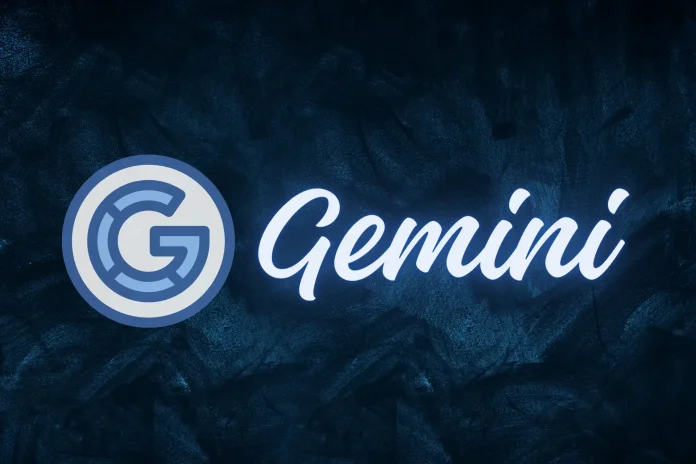The much-anticipated arrival of Google’s next-generation generative AI model, Gemini, has left the tech world with more questions than answers. While Gemini Google AI was marketed as a revolutionary generative AI, the initial reveal paints a picture of underwhelming performance and questionable development application.
Gemini Google AI
Google Generative AI launch introduced three versions of Gemini Google AI
- Gemini Pro: A lightweight version currently powering Bard and accessible to limited developers.
- Gemini Nano: A mobile-friendly model expected to debut on the Pixel 8 Pro.
- Gemini Ultra: The flagship model is masked in secrecy and currently only available to select users and partners.
Gemini Google AI Pro
The “lite” version of Gemini, Gemini Pro, fails to impress. It offers only a few improvements over Bard, the earlier model that faced criticism for its shortcomings and limitations. This underwhelming performance casts doubt on Google’s claims of significant advancements in the field of generative AI. The technical experts suggest a context window of 24,000 words for Gemini AI models, potentially stopping their ability to handle long-range text commands.
Google Gemini AI Ultra
The company’s top recommendation, Gemini Ultra, remains secretive for now. It is a 1.6 trillion parameter model trained on a massive text, images, audio, and code dataset. Gemini Ultra is designed to be “natively multimodal,” which means that it can understand and reason across different modalities. But, it has limited availability, restricted access, and a lack of concrete information for now, fueling speculation about its true capabilities among the users. This lack of transparency has added additional doubts surrounding the entire Google project, which will only be transparent with its launch, expected in 2024.
Just a Marketing Strategy?
Google claims state-of-the-art performance for Gemini Google AI, but the new evidence suggests otherwise. Minimum improvements over rivals like GPT-4 raise questions about the model’s actual innovation and the company’s marketing of calling it the next big deal. The absence of key features like image generation also weakens the argument for its exceptional nature.
Google’s past struggles with generative AI models, particularly the problematic launch and well-documented limitations of Bard, have raised concerns about Gemini’s development. Reports of rushed timelines, overworked contractors, and potential bias in training data add to the doubts surrounding its ethical and technical foundations.
The lack of transparency surrounding Gemini’s development process fuels suspicions. It casts a shadow on its credibility, which can also be just a strategic move towards the launch of Gemini Ultra. Regardless, Google still needs to fully address concerns regarding its training data, potential biases, and the environmental impact of Gemini AI.
Future Prospects
The future of Gemini AI remains to be determined because of its underdeveloped stage. Google still does not answer questions about monetization strategies, non-English language capabilities, and the true extent of its capabilities. This lack of clarity leaves the AI enthusiast with a lot of questions and doubts.
With Gemini, Google has the opportunity to make its name in the rapidly evolving field of generative AI like xAI is doing with Grok or Anthropic’s approach towards Claude 2.1. However, the disappointing launch of Gemini Google AI, ruined by marketing hype and a lack of transparency, leaves one wondering if this was a missed opportunity or a calculated move to keep its competitors guessing the real motive. Only time will tell if Gemini can overcome users’ doubts and truly make its name in the field.



